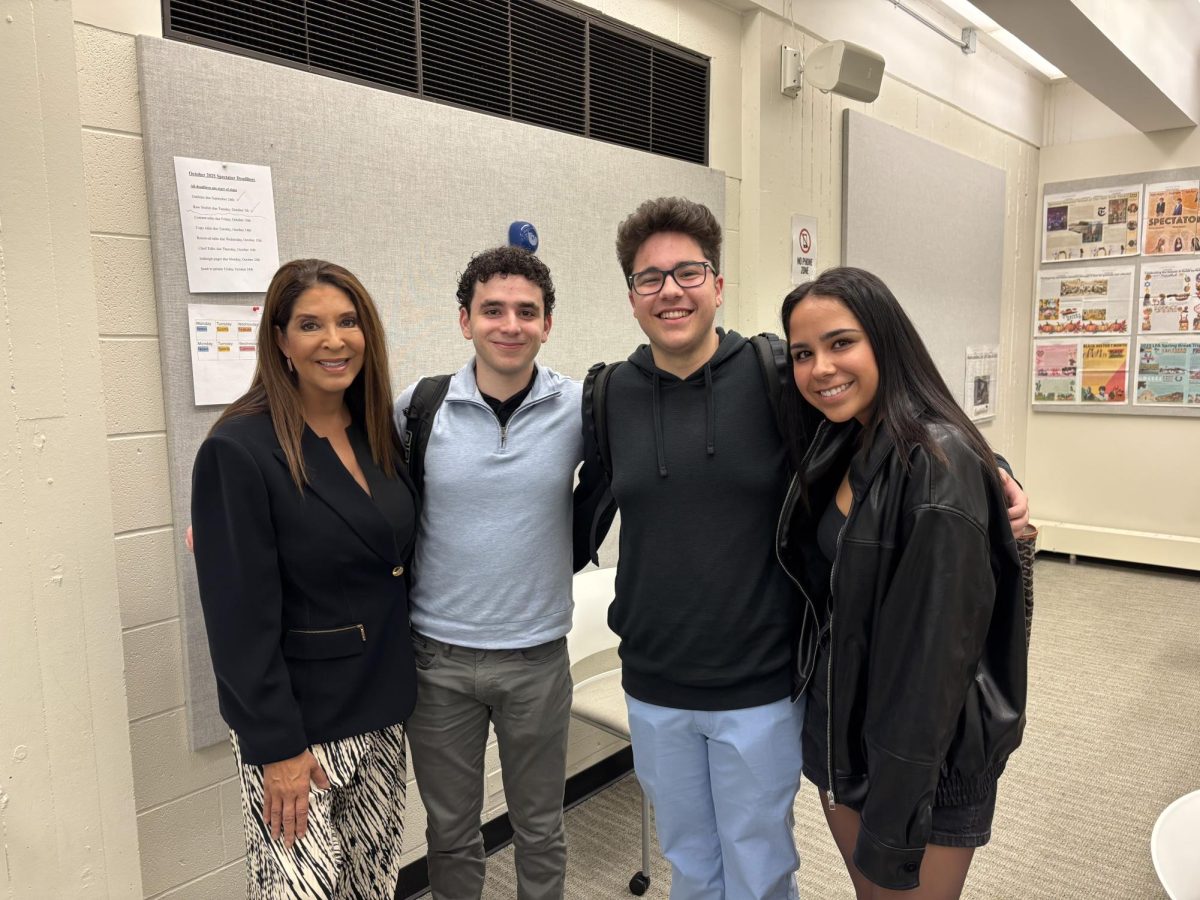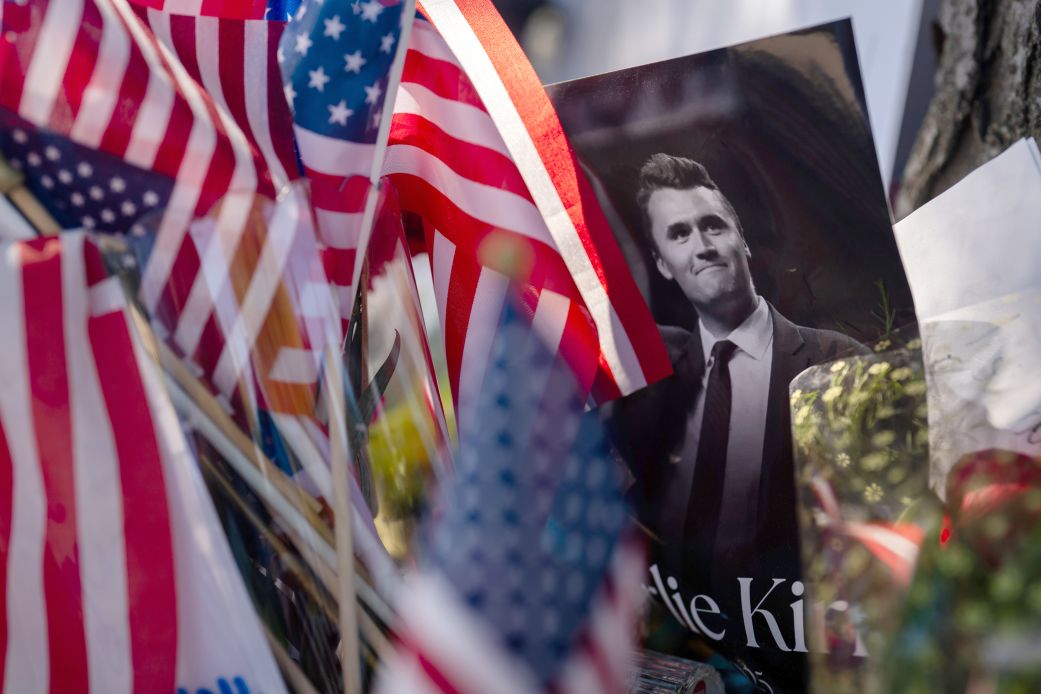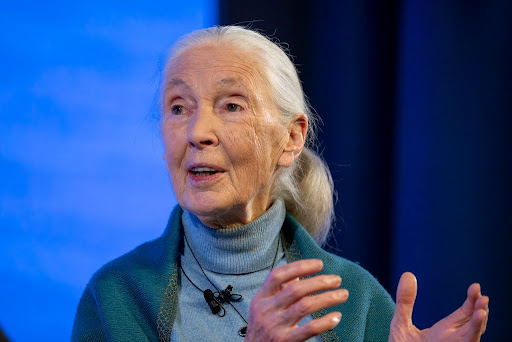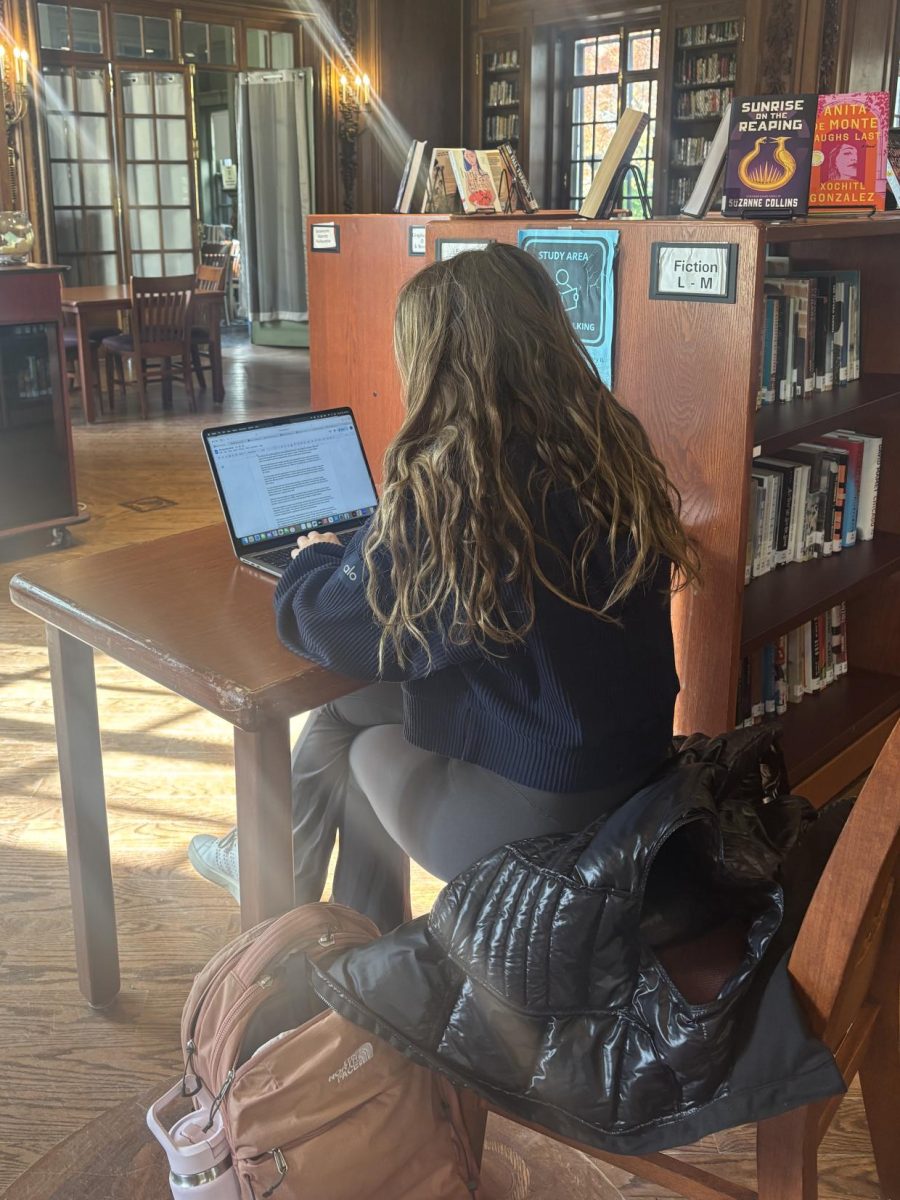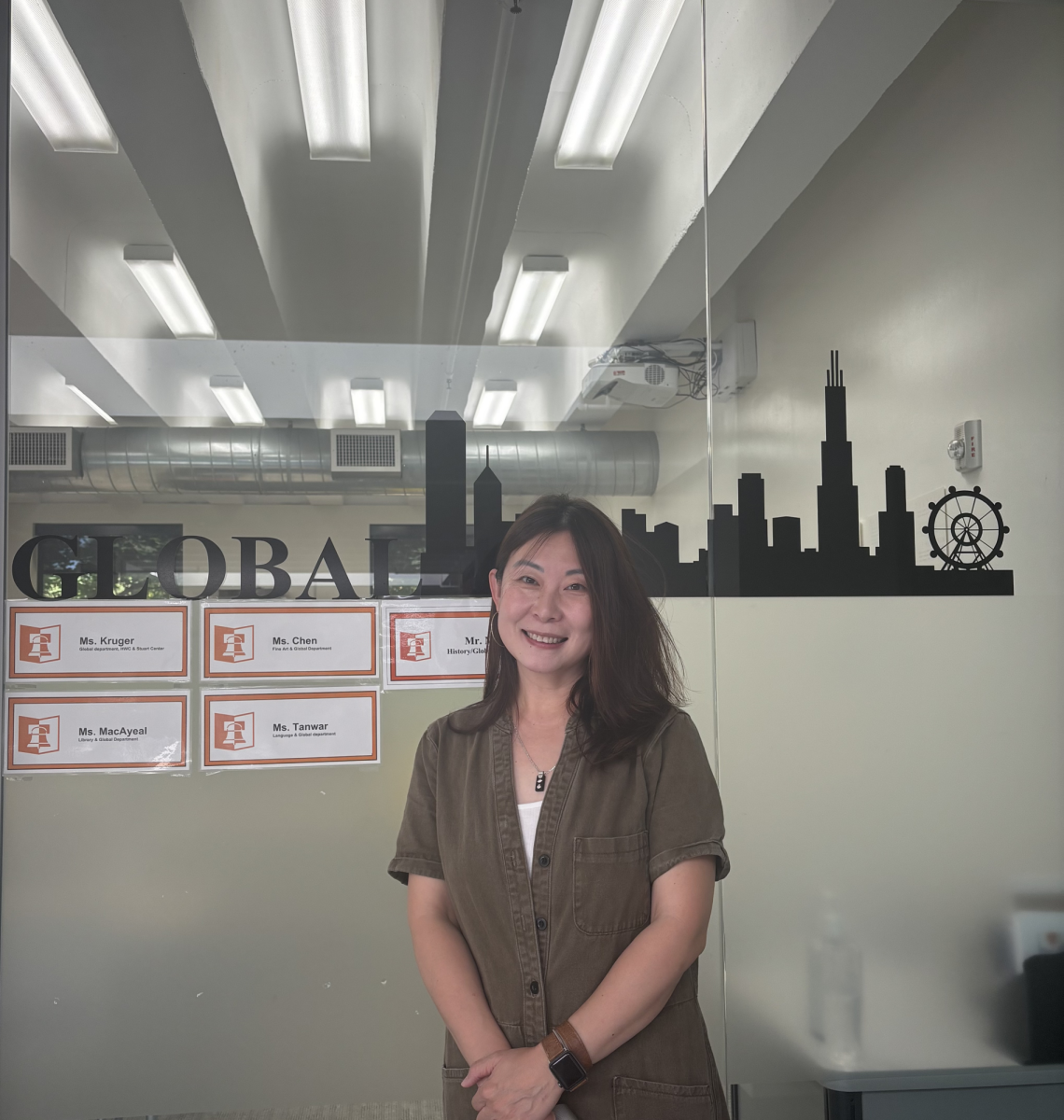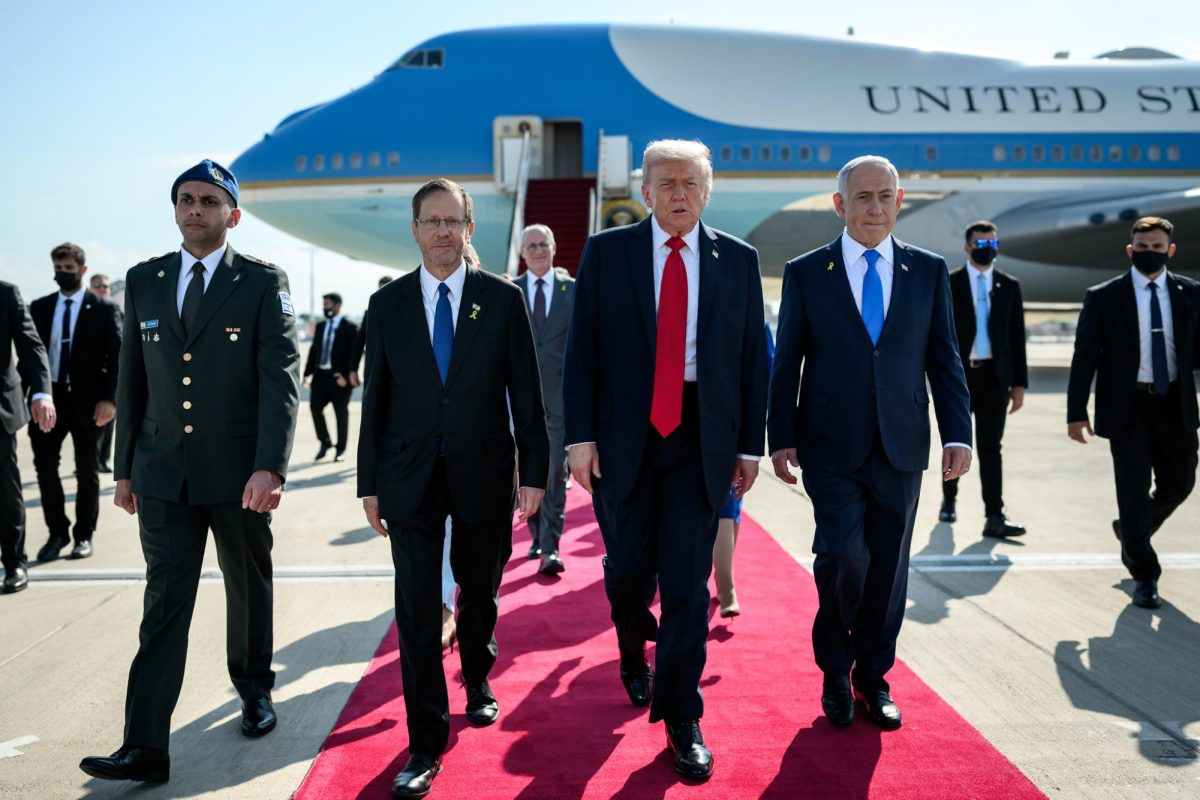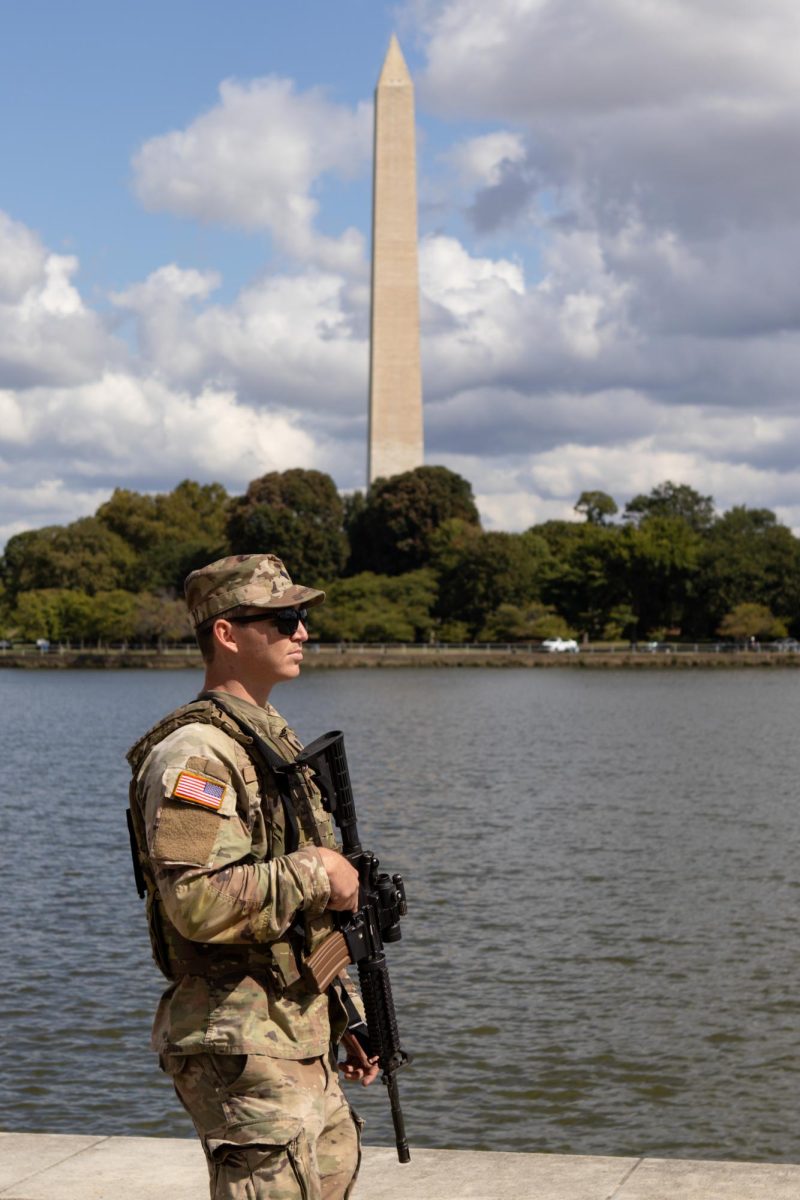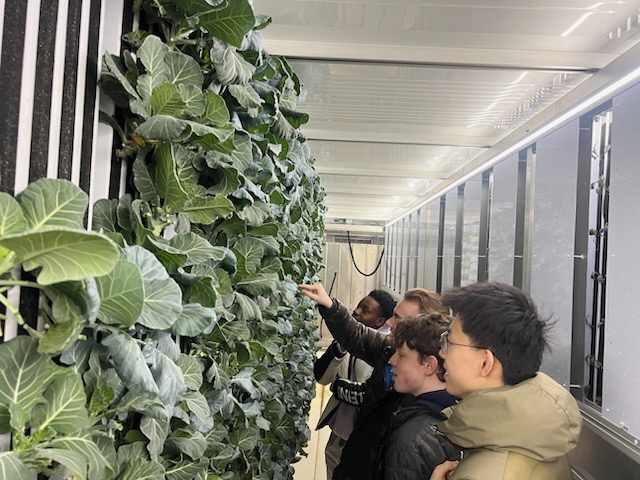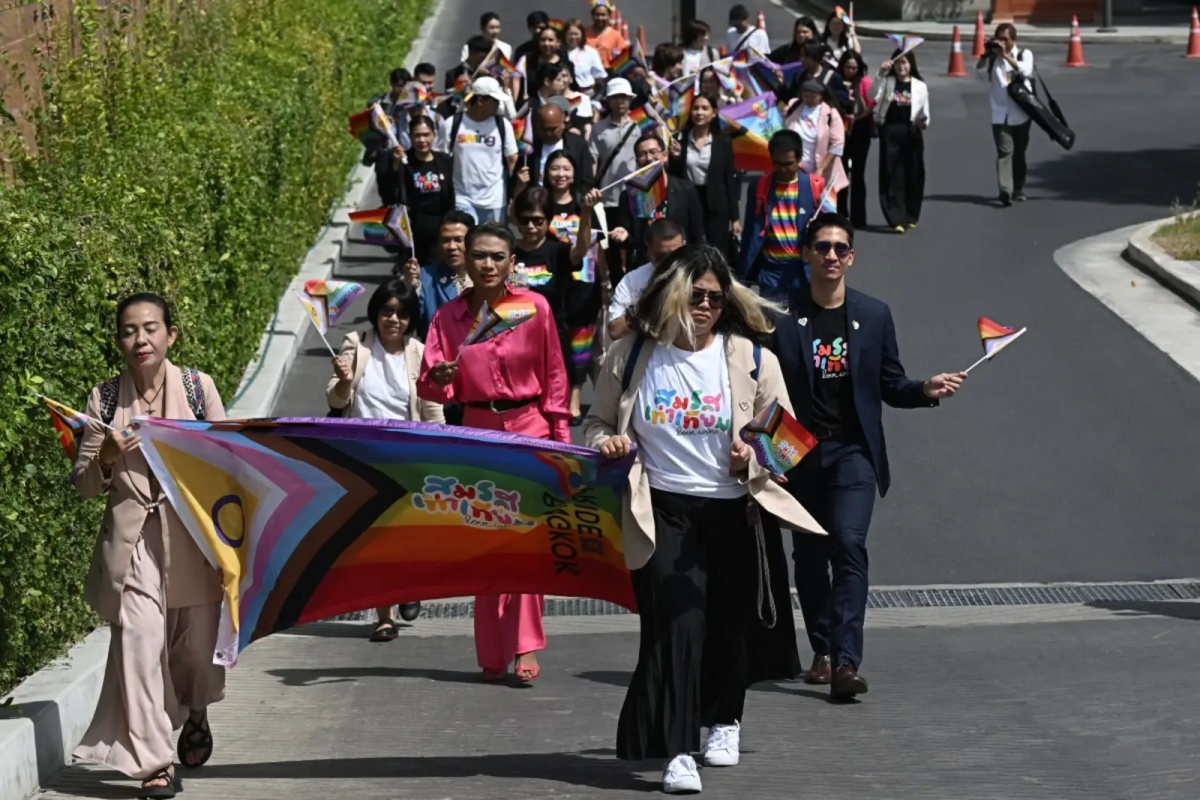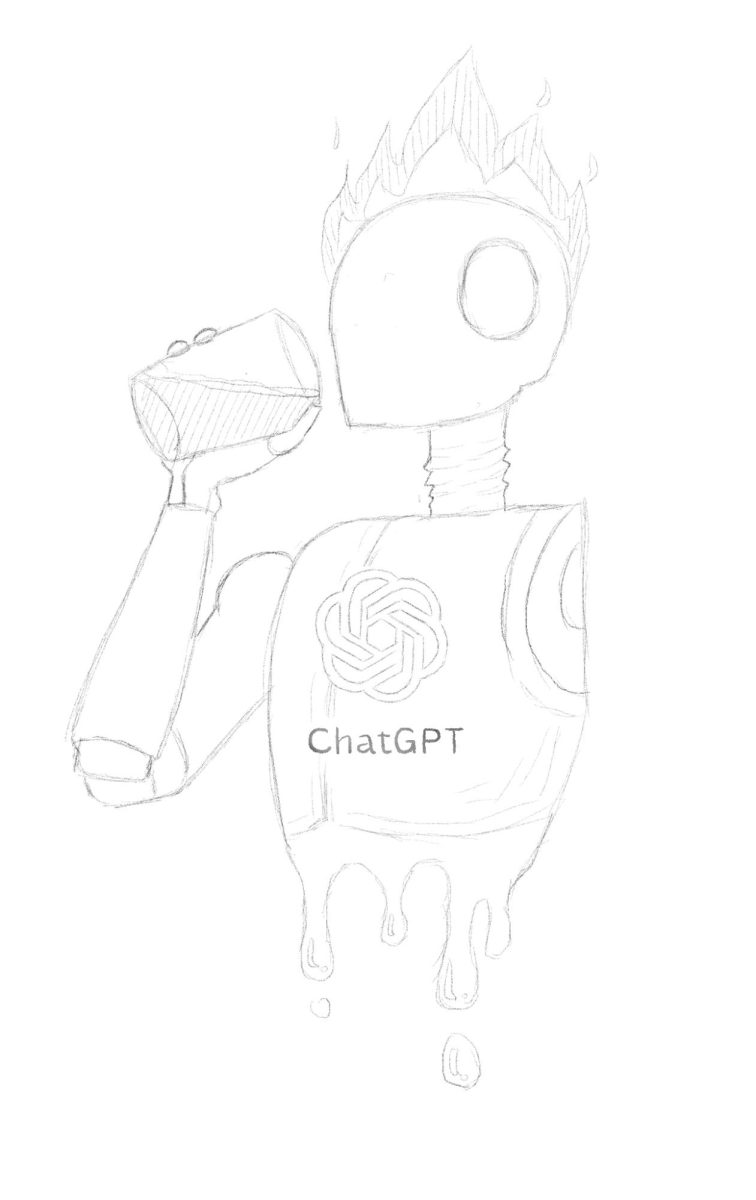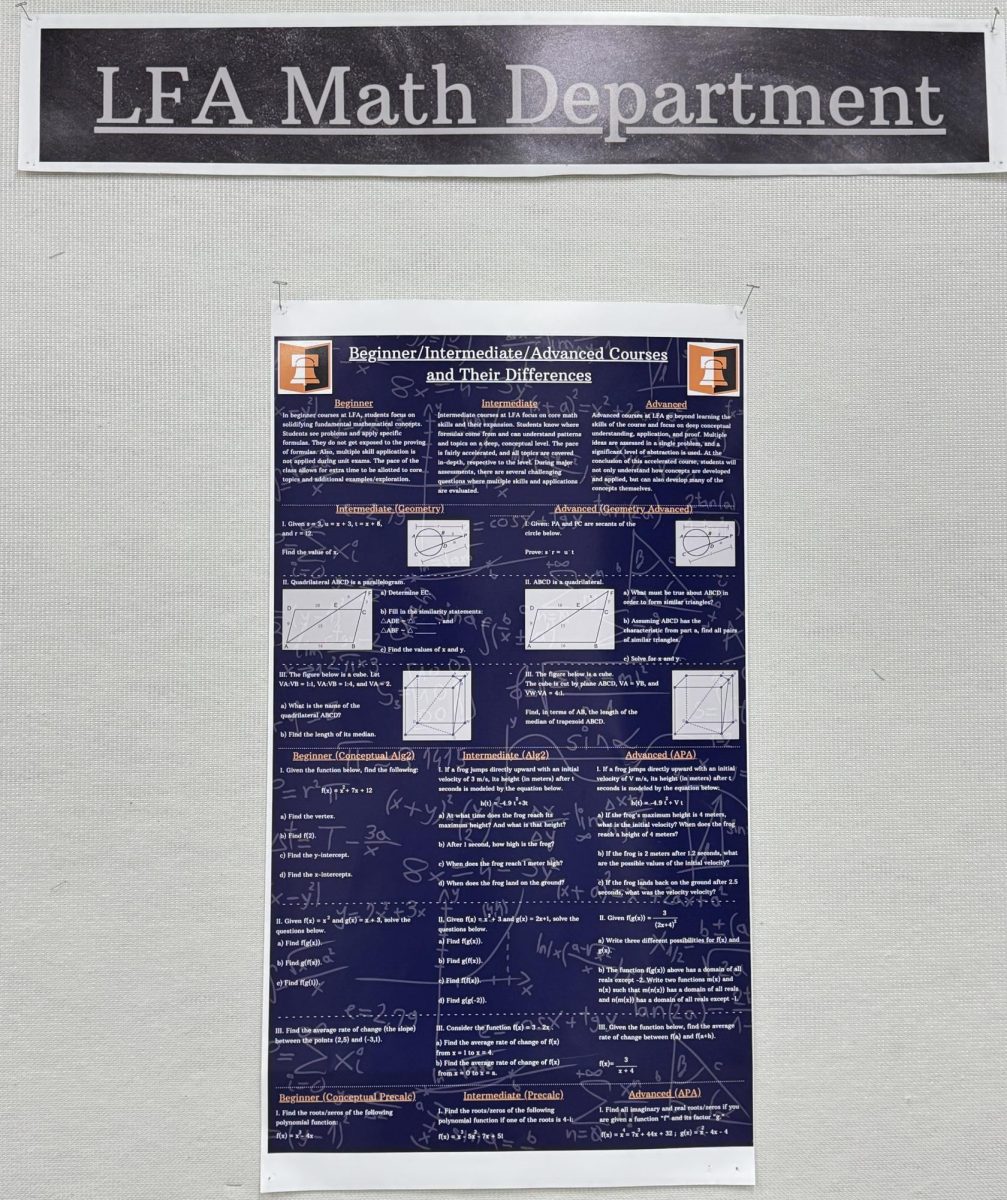With the decline of COVID-19 and the return of student travel, LFA has shifted gears in its plans to organize academic and cocurricular trips.
Before COVID, there existed a clear distinction between the two segments. Travel was driven by faculty interest as the Stuart Center divided its attention into managing co-curricular trips and the Global Youth Leadership Institute (GYLI).
With COVID, the Stuart Center worked with third-party providers to recoup money lost from canceled programs as GYLI pivoted to online programming in 2021. Simultaneously, LFA – according to Erin English, Director of Experiential Learning – diverted funds from the Head of School Symposium to purchase testing supplies and PPP devices.
Between 2020 and 2022, LFA underwent changes in headship and dean-level positions. When travel opportunities resurfaced in 2022, all travel – curricular and co-curricular – was managed by the Stuart Center before reporting directly to the Head of School.
Historically, courses that included a curricular trip required a minimum of five students enrolled for the trip to run. Post-AP Chinese, French, and Spanish courses were not guaranteed travel, but a combination of the Human Rights curricular trip with Post-AP Spanish allowed thirteen students to travel to Cuba in March 2023. More importantly, the bigger the trip, the lesser the price point.
The relatively cheaper price point for curricular trips is a result of direct funding by LFA, while co-curricular trips are paid from the pocket of the families of student participants.
Currently, the Stuart Center works with faculty to provide travel opportunities that grow students’ global leadership competencies. This March 2024, the Global Department will combine the capstone and cohort sections for a trip to Costa Rica, offering students an immersive Spanish language experience. Furthermore, combining the Post-AP and AP Chinese courses allows LFA to offer a Chinese curricular trip to Taiwan. In March 2025, a French immersion experience will be among the trip offerings.
Accounting for travel accommodations alongside lower costs on airfare and similar services, the Stuart Center is seeking to garner a positive tradeoff in comfort for cultural awareness.
“When we take students on a curricular trip to the Human Rights Trip to Navajo Nation or The APES Trip to Nature Bridge in Olympic National Park, they’re not staying in a hotel. They’re staying in cabins,” said Erin English. When students went to Guatemala, they were staying in a room of a hostel rather than a hotel. You are not being pampered in the way that you might when you stay comfortably in a hotel room, and you can save some money on accommodations in a way that allows you to have a different type of experience,” English mentions.
As of 2023, LFA’s AP Chinese Language and Culture alongside the Chinese Cultural Studies class will travel to Taiwan in an effort to understand the social dynamics of a Chinese speaking country. The class will visit Taipei and Gaoxiong in March without a travel agency.
“I am very appreciative of the opportunity,” said Ivy Jiang, Chinese teacher and the coordinator of the 2023 Taiwan Trip. “We want the students to be in the shoes of locals, taking the subway and buses as well as asking for directions.” “If a travel agent or tour bus is in place, then it will limit the students’ interaction with Taiwanese locals, not to mention the high cost that follows,” Jiang expressed.
As for now, the price point for curricular trips is half of that of a co-curricular trip. This allows the Stuart Center to expand on accessibility and financial aid opportunities for travel.
“Ideally, one of the programs on offer for next year will be at a significantly affordable price point with financial aid connected,” said English. We plan to take students to a refugee camp in Greece to examine the current refugee crisis and administer healthcare services to the individuals affected,” English noted.
According to English, the trip includes airfare for under $2,500, not to mention eyes on the ground to examine the camp’s conditions and environment prior to arrival.
Going forward, “the curricular travel budget will be designed towards providing opportunities of experiential learning, providing the same immersive opportunities that may not be necessarily tied to a class,” English mentioned.
If approved, this will resolve issues surrounding insufficient enrollment of curricular trips, making them less cost-restrictive and thus more equitable for all students.
With greater accessibility comes greater immersion. Therefore, we may see an increase in equity and access to travel in the years to come.


